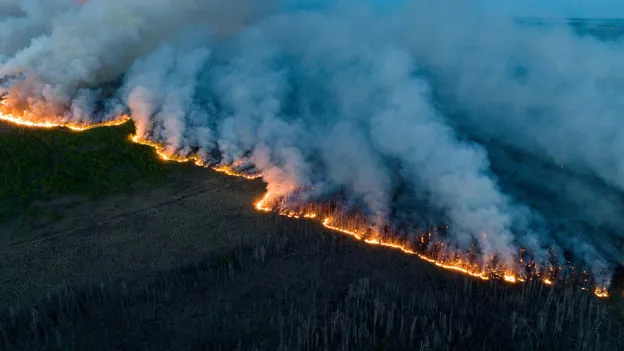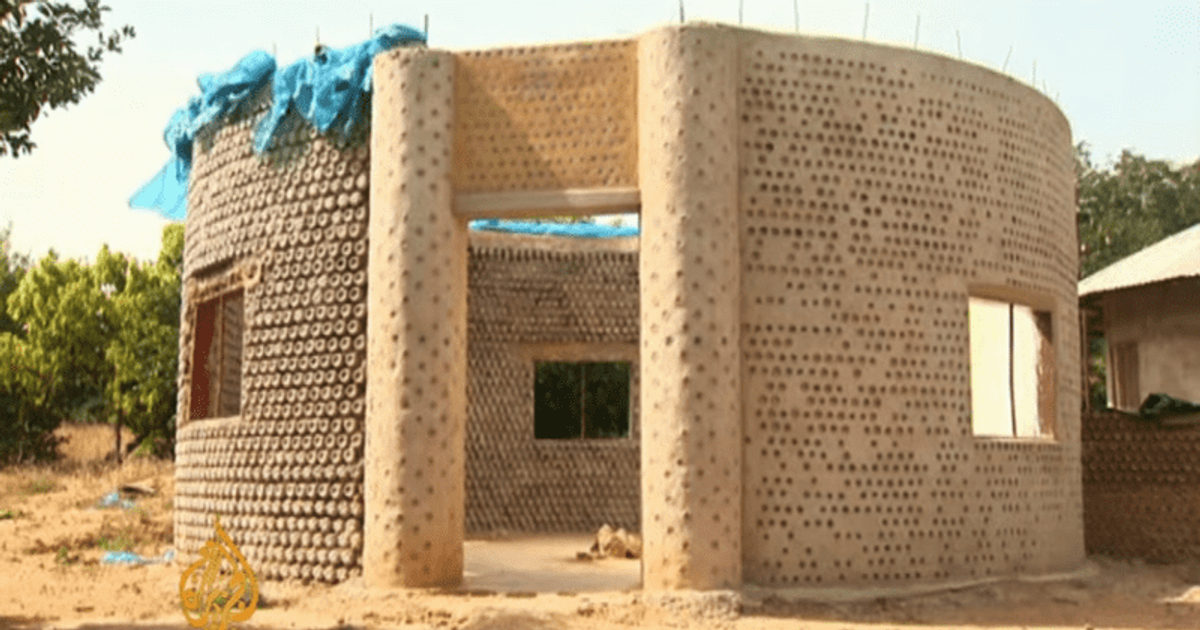THE CONVERSATION
Climate change is not just a buzzword or a topic for political debates. It is a real and pressing issue that affects every aspect of our lives. The effects of climate change are already being felt worldwide, from rising sea levels to heatwaves, droughts, floods, loss of biodiversity, food insecurity and more.
In Nigeria, climate change has contributed to the country’s mounting economic and social challenges. The country has acknowledged the need to move to a low-carbon future. Yet climate change was largely absent from the 2022 presidential campaign manifestos.
The newly elected government, led by Bola Ahmed Tinubu, faces numerous immediate challenges. Among them are widespread violence and insecurity; high inflation and currency depreciation; and a mounting debt burden.
But climate change cannot be ignored. It has directly contributed to Nigeria’s crises. For example, extreme flooding in 2022 displaced 1.4 million people and fuelled food inflation.
Extreme heat and erratic rainfall, both consequences of climate change, have intensified resource competition between farmers and herders, leading to communal clashes.
As a disaster risk reduction and climate change adaptation expert, I argue that climate change should be central to government’s planning. This is to prevent future infrastructure damage, create economic opportunities, and provide various social and environmental benefits.
Nigeria’s new government should take action on climate change, even amid all the other pressing issues. Much of this action concerns the move from reliance on fossil fuels to cleaner energy sources, often referred to as the energy transition.
Nigeria is a major hydrocarbon producer and holds the largest natural gas reserves on the continent. It therefore has the potential to play a significant role in shaping how countries manage a transition away from hydrocarbon fuels to cleaner energy sources such as solar, wind and hydro power.
Although Nigeria’s dire public finances limit its ability to invest in renewable energy, the government can still take steps. It has made a start with removing fossil fuel subsidies. Other steps, which research has shown to be working in Morocco and Rwanda, could be:
-
effective flood risk management
-
tax and duty exemptions for components used in solar solutions
-
adapting existing initiatives in the power, agriculture and transport sectors to promote clean energy
-
prioritising infrastructure projects that will attract private investment in the energy transition.
Solutions
Before 2018, renewable energy generation equipment was eligible for tax exemptions. But the tax breaks ended, resulting in higher retail prices for solar solutions. A study by the African Clean Energy Technical Assistance Facility calculated that the benefits of cheaper solar products (energy access and job creation) would have outweighed the tax revenues forgone.
The new president could reinstate the incentives for solar products.


